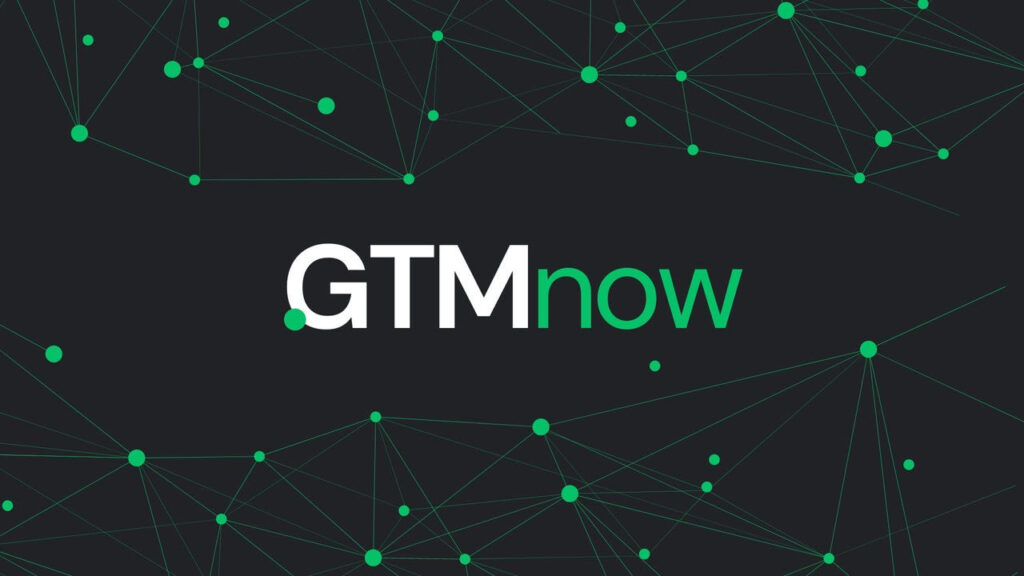Success in sales requires the right skills and a competitive, driven, and personable nature.
However, scoring a great sales role takes more than just being confident in your own skills and nature. You have to convince a management team of those things as well.
Just as sales is its own animal in the professional ecosystem, the sales interview is its own unique beast. Your skills will be fire-tested and aggressively interrogated, and the mock demo portion makes it more like an audition than an interview.
As a sales recruiter myself — and an owner of a recruiting company for over 11 years — I’ve seen first-hand what hiring managers are looking for in a sales candidate and what separates successful sales reps from the pack during the interview process.
Keep reading to learn the tips and best practices I’ve learned for acing the sales interview.
Related: Want a Sales Job? Burn Your Resume: Send a Video Instead
Start Acing Your Interview Before You Even Start
All interviews, for any profession, require preparation, but there are smart ways you can orient your prep specifically for sales interviews.
There are seven things you should do to get into a sales mindset before you ever pick up the phone or walk through the door.
1) Know whom you’ll be talking to — Sales is all about relationships. So make sure you know who you’ll be talking to. Double-check the name of your interviewer, the location, and the date and time of your interview. Getting any of these things wrong is a sure-fire way to cost yourself a job.
2) Research the company — No matter what role you’re interviewing for, it’s always a good idea to gather the standard info about the company background, the product overview, etc. But this is a sales interview. It’s critical that you demonstrate you know how to do customer research.
You should be orienting your research around learning the value propositions, differentiation, and other things that will help you sell their product.
Feel free to bring notes, including 5–10 smart questions that show that you’ve done your research.
3) Learn by doing — If possible, download a free trial of the company’s product to play around with prior to the interview. This will help you develop a general idea of how best to pitch the product and what a demo might look like.
4) Strut your stuff — The interviewer will often want to see a proven track record of success. Print any record of your sales success, or at least come ready to talk about them.
These successes could be things like hitting quota early, closing your biggest account, or anything else along those lines.
5) Print multiple copies of your resume — Having a copy of your resume shows that you’re prepared, and it can often be useful to refer to during the interview.
Assume your interviewers will not have them printed out and waiting when you arrive. (It’s not a bad idea to do a big print session at Kinkos after you’ve edited your resume.)
6) Don’t forget your supplies — Only bring what you need, but don’t forget anything. Bring a notebook and a pen to take notes before, during, and after the interview. In most cases, you don’t need to bring a cover letter or references.
7) Arrive 10–15 minutes before an interview — One of the worst things you can do in any interview is be late. Make sure you arrive early, and take traffic, parking, and public transit into consideration.
Be Ready to Demo
A round or two into the process, just about any sales interview will include a mock demo. If you’ve made it this far, congrats. You’ve proven yourself a viable candidate for the role. However, the mock demo is also a danger zone.
No matter how great your answers were in the first round, nothing will influence your interviewers’ opinion of you more than seeing your sales skills in action.
Faltering here could cost you the job in a flash.
Here’s what you need to demonstrate during the mock demo:
- A strong understanding of the product.
- The ability to ask qualifying questions to assess potential customer pain points and determine motivating factors.
- The ability to tailor your presentation to your customer’s needs.
- The ability to think on your toes and handle objections.
- The ability to close — for a sales interview, this one should go without saying.
- The ability to take feedback — it’s okay to ask how you did and where you could improve. This shows that you are coachable and ready to learn.
Demoing the interviewer’s product
More often than not, the client will ask you to do a demo of their product. Make sure you clearly understand the interviewer’s expectations.
Ask the coordinator if they have any materials for you, such as a sales deck or an explanation of the role-play.
If possible, play around with the product prior to the demo to become familiar with its features. If they ask you to put together your own sales deck, ask how much time you should spend preparing.
There’s a big difference between a twenty-minute and a one-hour deck — be sure to clarify.
If you’re doing a true demo, in which you show the product, ensure you have enough time to do so.
Most companies are looking to see how you ask questions to identify customer pain points, and then how you run the demo to address those points, so focus most of your attention there.
Don’t be afraid to ask questions. Often, the interviewer is happy to answer any questions you have in preparing a demo. In most cases, they’ll be impressed with your initiative.
Demoing your current/previous company’s product
If the company asks you to present a demo of your current product, they’re likely expecting to see you at the top of your game.
Be sure your deck is up-to-date before going into the interview and demo, and if you’re using a teleconference platform like Zoom or WebEx, make sure you double check your links before your demo.
Don’t leave anything to chance.
How to Avoid a “No” From the CEO
If you’ve made it to the end of the interview process and have a final call with the CEO, you’re obviously doing something right. However, it’s here where lots of interviewees fall victim to self-sabotage.
A surprising number of people believe the CEO call is simply a formality, and that the job is in the bag, but the process is far from finished.
As a CEO, I take these conversations with potential employees seriously. They’re not just casual banter. You’re still interviewing.
Here are some things I look for when I’m on that final call:
Passion and interest in my company — I’m looking for excitement about the position and other indications that you want to join the team for the right reasons.
Intelligent and thoughtful questions — I appreciate when a potential employee has researched our company, read our content, and translated that into smart questions. And don’t be afraid to challenge me!
Proactively asking about your standing in the hiring process — It can’t hurt to ask how many other final calls I’ve had for the role. Any good salesperson is aware of their competitive landscape.
An ability to close me — You’re a salesperson. Do what you do best and show me what you’ve got. That is how to ace a sales interview!
What about what not to do?
Well, there’s a lot, but in general, avoid being too long-winded, too negative about your current or previous role, and expressing disinterest in the brand you’re interviewing with.
Most importantly, don’t forget you’re speaking to the person who has a 30,000-foot view of the business, and takes extreme care to ensure the success of the business as a whole. The CEO is looking for the person who’s best for the company — show them that’s you.
Bottom Line
The key to acing a sales interview is understanding that it’s a holistic process. That process begins before the first-round phone screen, and it ends with your call with the CEO.
Good luck out there — and don’t forget the thank-you note.







